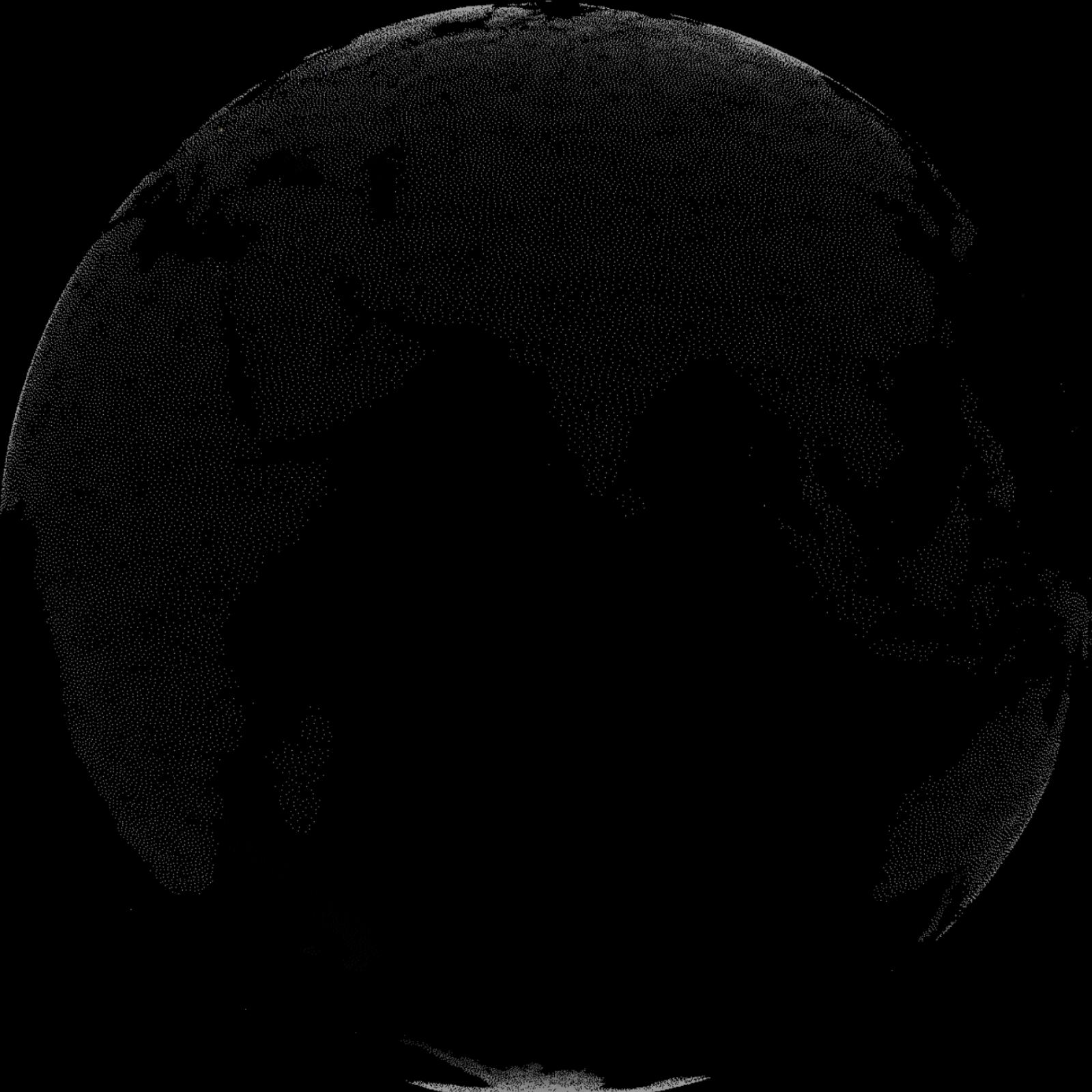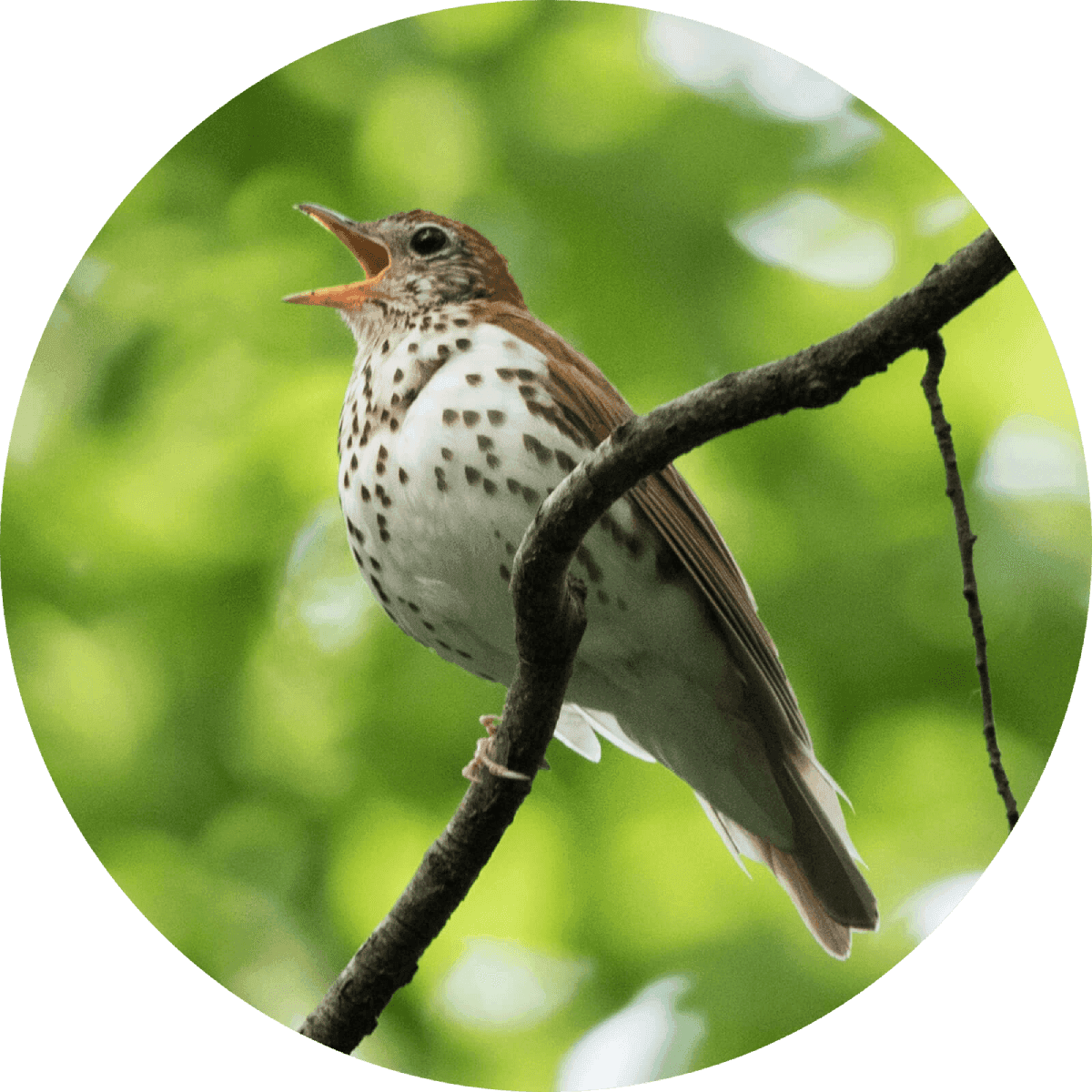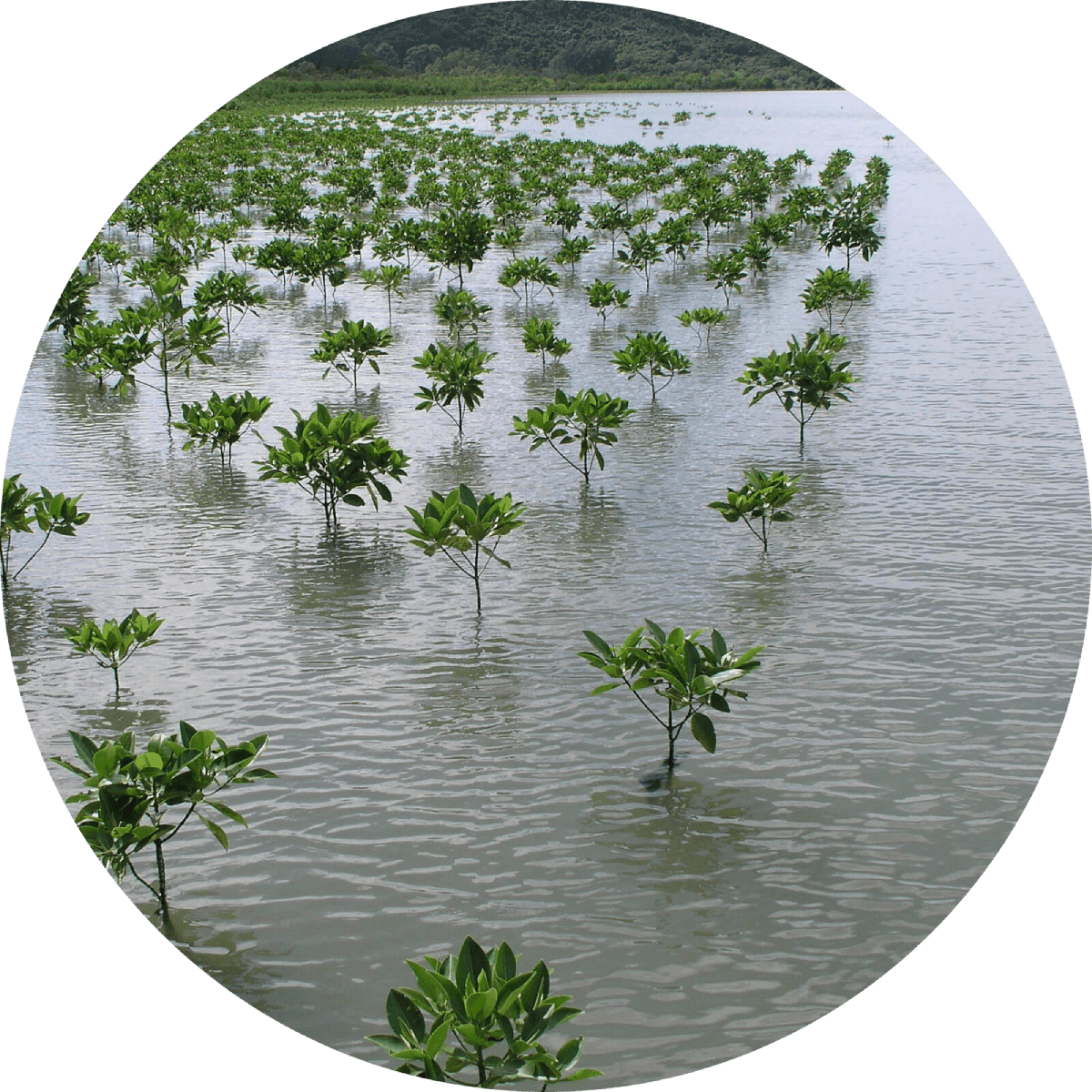BIRDS: 100 species are endangered
FISH: 71 species are endangered
MAMMALS: 10 species are endangered
REPTILES & AMPHIBIANS: 8 reptile species are endangered
INVASIVE SPECIES: 300 invasive and non-native species
The territory of the Amazon River watershed falls within the ancestral homelands of the Dâw, Inikana/Kukama Kukamiria/Kokama, Kambeba/Omagua, Kinja, Lokono, Miranha, Mundurukânia, Quechua, Sataré-Mawé, Siekopa’aiInte/Aido-Pãi, Ukarãngmã, Yihamwo, and Waiwai peoples, as well as many others.
Territorial recognition: https://native-land.ca/
Most Pressing Issues
Water Pollution
Development and industry have greatly polluted freshwater in the Amazon basin.
Agriculture
Brazil’s increased inclusion in the global agriculture economy has led to massive deforestation in the Amazon region.
Climate Change
Climate change threatens to disrupt the network of water that feeds the Amazon river.
Biodiversity Loss
surrounded by the most ecologically diverse rainforest on the planet, development threatens the protection of pristine natural habitats.
Soil Erosion
The disruption of forests and riverine systems is greatly impacting the fragile soil of the ecosystem.
How You Can Help
Center for International Forestry Research
The Center for International Forestry Research is a non-profit scientific organization that conducts research on the most pressing challenges of Amazon forest management.
Learn More about Center for International Forestry ResearchBrazilian Foundation for Sustainable Development
The Brazilian Foundation for Sustainable Development aims to implement the conventions and treaties approved at Rio-92.
Learn More about Brazilian Foundation for Sustainable DevelopmentRecicloteca
Recicloteca works to disseminate information on environmental issues, especially focusing on the reduction, reutilization, and recycling of waste.
Learn More about ReciclotecaSocio Environmental Institute
The Socio Environmental Institute works to defend environment, cultural heritage, and human rights.
Learn More about Socio Environmental InstituteWorld Wildlife Fund-Brazil
World Wildlife Fund-Brazil is dedicated to the conservation of nature with the objectives of harmonizing human activity with the conservation of biodiversity.
Learn More about World Wildlife Fund-Brazil




